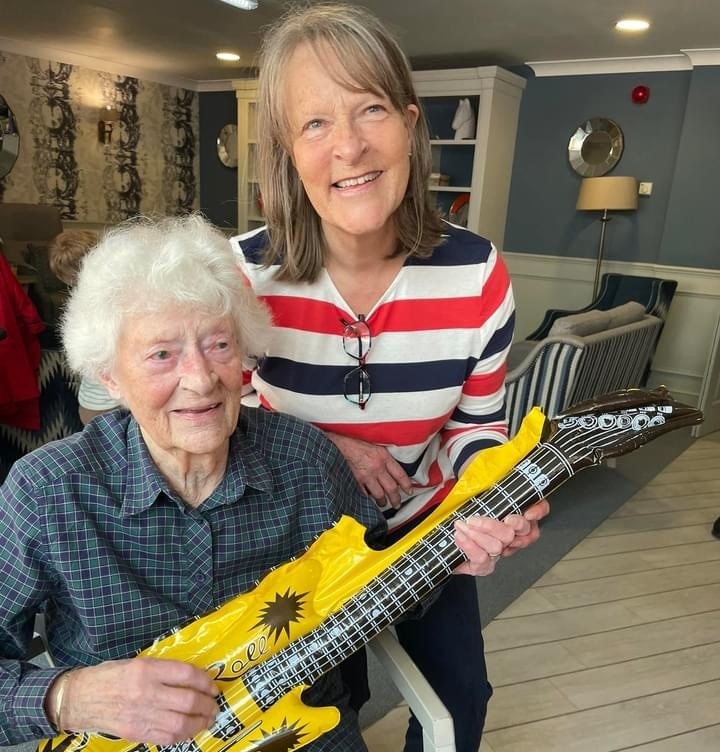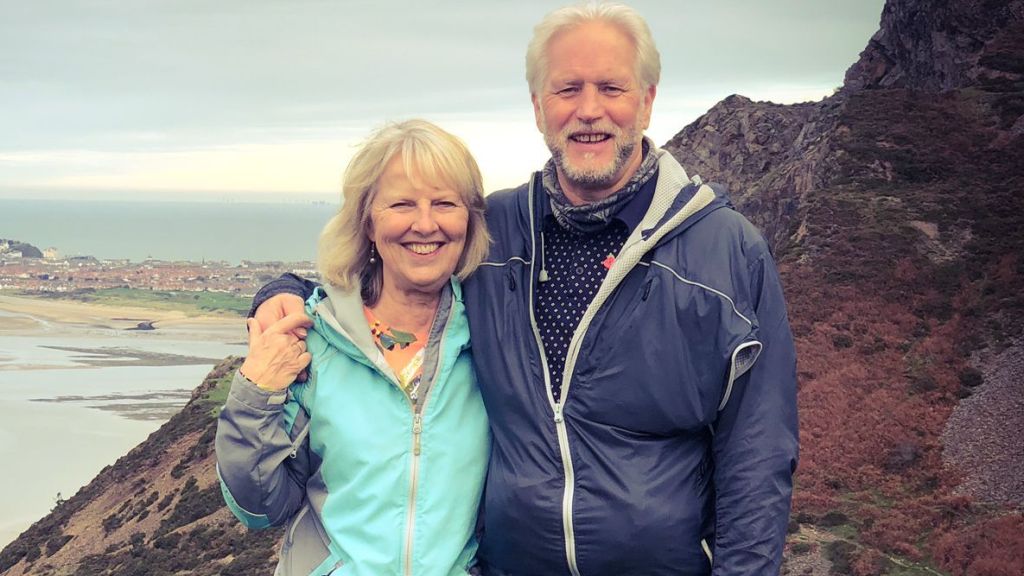Navigating Complexities After Securing Power of Attorney: A Real-Life Experience
Alison Guthrie diligently planned for her mother Daphne’s future care, establishing a power of attorney (PoA) with her brother, Greg, back in 2007. Despite their foresight, when Daphne, now 99, moved into a care home and could no longer handle her finances, Alison and Greg encountered an overwhelming amount of bureaucratic procedures.
A power of attorney appoints a trusted individual (the attorney) to manage someone’s affairs if they are unable to do so. This document requires approval and registration with the Office of the Public Guardian (OPG), which oversees fraud prevention. The Guthrie siblings registered a joint and several power of attorney, enabling each to act independently on their mother’s behalf.

“I thought that once it was registered with the OPG you had everything you needed, but it’s really only the beginning,” said 67-year-old Alison. Each company dealing with the attorney – including banks, law firms, pension companies, doctors, and utility providers – has its own requirements and procedures for handling PoA. It’s often the case that staff members are not completely familiar with these protocols.
Alison faced difficulties with her mother’s HSBC account and ultimately had to visit a local branch to furnish another signature. Managing her mother’s share portfolio proved even more challenging.
Daphne owned shares in around 15 corporations and funds, including Aviva, National Grid, Sainsbury’s, M&S, and Shell. Alison aimed to convert some of these holdings into income to cover Daphne’s £1,475 weekly care home fees in Lincolnshire.
Because the shares were held directly by Daphne, Alison had to undertake extensive administrative work and communication with share registrars like Computershare and Equiniti. Eight months ago, she started this exhaustive process.
• I’m 30 and I have applied for a power of attorney
“There’s a lot of digging to do before you find out who you need to register with,” said Alison. “Often you have to send certified copies of documents; some firms requested my passport, proof of addresses for both me and my mum.” Some companies required these documents to be certified, causing delays when certifications from her accountant weren’t accepted, necessitating solicitor involvement.
“Many firms returned forms for more signatures or requested my brother’s, not understanding that I could act alone,” she added.
There are two primary types of power of attorney: a regular PoA, which is temporary and typically for short-term needs like staying abroad, and a lasting PoA, which is permanent and takes effect when one can no longer manage their own affairs. The latter comes in two forms: health and welfare, and property and financial affairs.
While over 6.85 million PoAs are registered with the OPG, there is no centralized service to register documents across multiple financial firms, unlike the Death Notification Service created in 2018 to aid families in notifying banks and insurers posthumously.
Alison shared, “I have lots of little pieces of paper for each company detailing their needs. A uniform requirement would be more efficient.”
According to a Which? survey of 1,530 attorneys, a third struggled with banks and building societies. Jenny Ross from Which? stated: “Registering PoA with financial entities is far from straightforward. Attorneys frequently encounter a lack of staff knowledge and reluctance to recognize their authority.”
When Pam Hall needed to close her mother-in-law Jean’s O2 mobile phone account in June 2022, the initial email registration was straightforward.
Hall and her husband, Steve, applied for PoA for Jean, who had dementia, in October 2022. Jean entered a care home in December 2022, and the OPG registered the PoA by March. Jean’s affairs, including a Santander bank account and utilities with British Gas and Ovo Energy, were relatively simple. Despite this, Hall encountered difficulties settling Jean’s £1.21 O2 debt through their bereavement line due to security questions.
Hall reflected, “They asked for security questions I couldn’t answer. It was frustrating. Eventually, they let me use Jean’s card, a process that took about 30 minutes.”
O2 emphasized their security checks to protect customer accounts.
Stephanie Parish of Clarion Solicitors in Leeds noted, “The financial system hasn’t adapted to the complexities of life and an aging population. Frontline staff often lack knowledge concerning PoA.”
Since 2015, over 6,000 bank branches have closed, driving most services online. However, Which? found that only 9 out of 21 banks permitted PoA registrations online, with only 6 offering mobile banking access. Nationwide allows online banking for attorneys who are existing customers, whereas HSBC only permits it when the donor does not manage their account online.
Many fixed savings accounts, including those from Raisin UK, SmartSave, and Access Bank, are inaccessible to attorneys.
Tony D’Emanuele, who has managed his mother Georgette’s PoA since 2012, also faced obstacles. When he sought a high-interest account from Atom Bank in March, he was told the process had to be handled via phone. “This adds unnecessary stress when you already have so much on your plate,” he said.
Atom Bank acknowledged the complexity of PoA, suggesting customer support for sensitive cases. Similarly, Skipton Building Society manages PoA only through branches, phone, or mail, citing legal and duty of care requirements.
UK Finance mentioned, “Firms must follow strict regulations when opening accounts and registering PoA. We’ve identified the need for greater consistency and are collaborating with stakeholders to improve the process.”
Each PoA registration costs £82, with forms available on gov.uk. There is a 50% discount for pre-tax incomes below £12,000. Donors can specify the powers included in their PoA, which must be signed in a specific order — first by the donor, then a certificate provider (non-relative or professional), and finally by the attorney, with each signature witnessed.
Though self-application for PoA is possible, those with complex needs should seek professional legal advice.




Post Comment